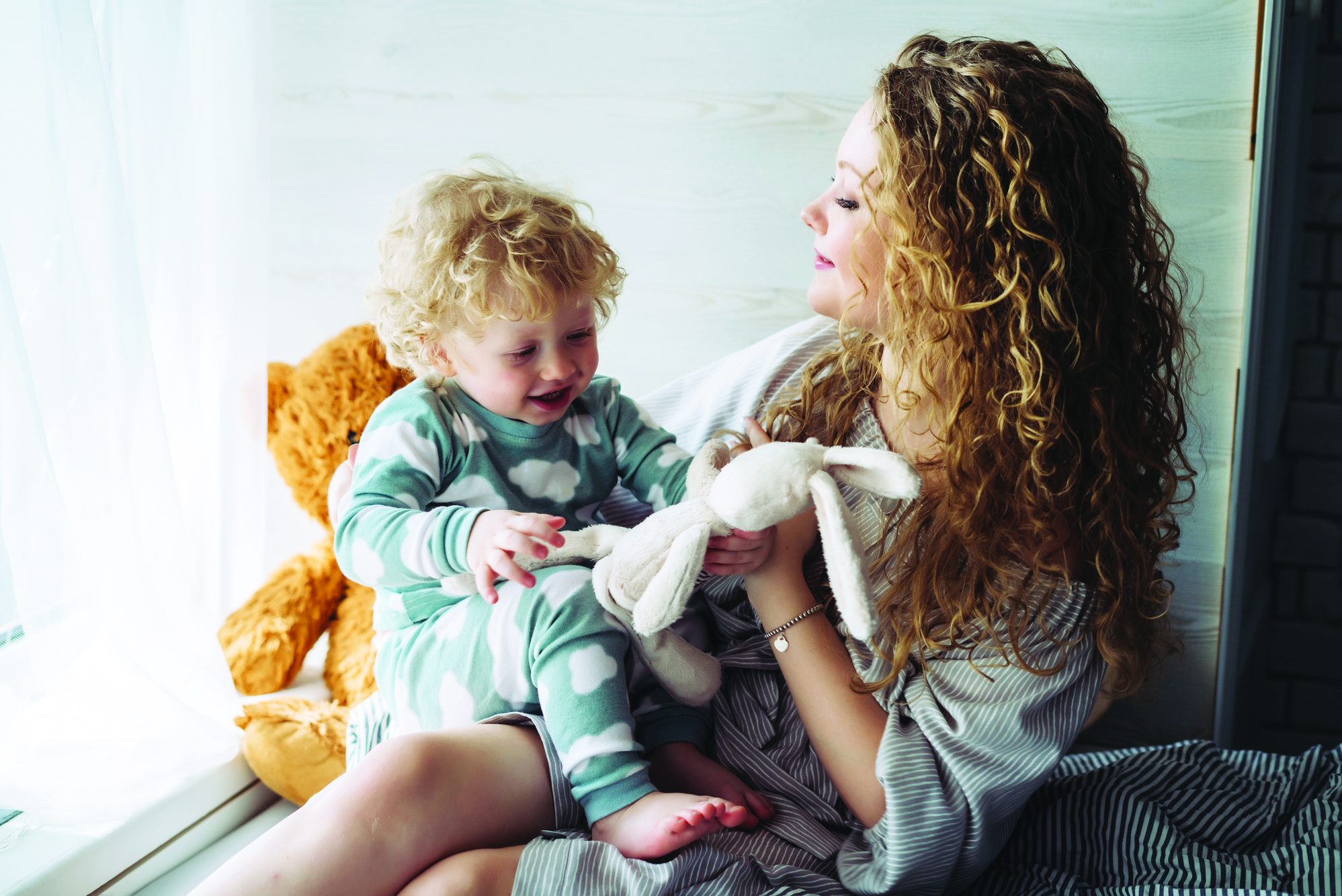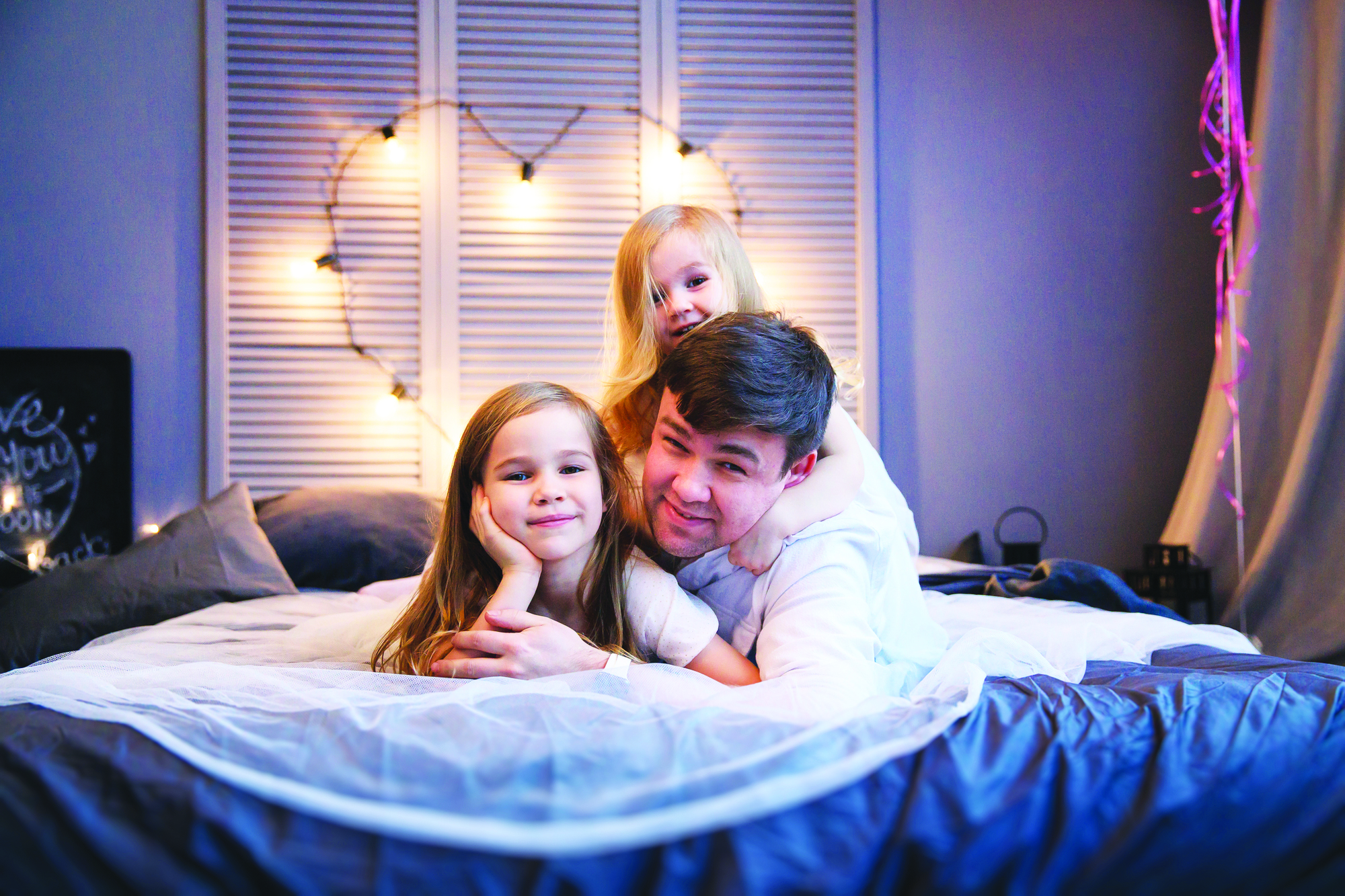How to manage pediatric insomnia

Judith A. Owens, MD, MPH, is an internationally recognized authority on pediatric sleep and the author of numerous original research and review articles in peer-review journals on the topic. Her particular research interest is in the neurobehavioral and health consequences of sleep problems in children, and what to do about them. Every parent knows the struggle of getting kids to sleep–the sheer number of books on the subject is evidence for how tough it can be! While some kids are easy sleepers, many little ones struggle with getting or staying asleep, which can be incredibly challenging for parents.
“Normal” Sleep
Just like adults, kids vary when it comes to sleep patterns—and sleep needs change as children grow. In general, Dr. Owens says that most babies over the age of six months can get through the night without needing to be fed, and kids aged 12 months and older can definitely go overnight without needing to eat. Some children are more naturally morning larks, while others burn the midnight oil.
When Kids Can’t or Won’t Sleep

According to Dr. Owens, behavioral insomnia of childhood falls into two categories: sleep onset type and limit-setting type. Children with the first type have “learned to fall asleep requiring a parental intervention,” explains Dr. Owens. That could mean needing a parent to fall asleep with them, needing to sleep in a parent’s bed, or needing to fall asleep while feeding. While there is nothing wrong with snuggling your little one while they get drowsy, this can become problematic if your child is unable to get to sleep without your help. This becomes especially challenging when kids need help getting back to sleep after waking up in the night. All humans wake up periodically during normal sleep, but if your child requires parental help multiple times per night, chances are the whole household won’t be getting as much rest as they need.
The second type of behavioral insomnia involves limit setting, and often occurs in older children. All kids push boundaries when it comes to bedtime, but Dr. Owens emphasizes that structure is good for kids, and that bodies of all ages feel best when they have a regular schedule. It is normal for children to ask for “one more story” or to put off sleeping when they are having fun, but lack of routine can result in big bedtime battles and big misery for parents.
What to Do
Dr. Owens recommends that parents “always start with behavioral interventions,” and stresses that there are “no prescription medications approved for sleep in otherwise healthy children.” Although melatonin is a common over-the-counter supplement, Dr. Owens does not recommend its use in children, though other pediatric sleep physicians do. Fortunately, most children respond well to limit setting and bedtime routines—and there are many resources for parents to learn different methods. The important thing, according to Dr. Owens, is to be consistent, have patience, and understand that things might get worse before they improve, something called the “extinction burst.” This is to be expected, so don’t get discouraged when the going gets tough!
If do-it-yourself techniques aren’t working, consider speaking with your pediatrician. He or she should be well-versed in childhood sleep issues, but a referral to a specialist or sleep psychologist may be needed if problems persist. In rare cases, a sleep medicine doctor might be needed to check for any medical conditions that require treatment, such as sleep apnea or restless legs syndrome. Fortunately, these are rare in children.
With patience, consistency and a little ingenuity, parents can eventually find solutions to these common problems—and the whole household will be sleeping better.
Dr. Owens’ Quick Tips

~ Remember that improving a child’s sleep starts with the parent. The whole family may need to cut down on screen time, increase physical activity and maintain a more consistent bedtime routine.
~ No screens should be in children’s bedrooms and screens should be turned off at least one hour before bedtime.
~ Maintain a regular sleep/wake cycle, even on the weekends.
~ Getting enough exercise will help everyone sleep better—bonus points if you can get the exercise outdoors!
~ Beware of hidden sources of caffeine such as chocolate.
~ Avoid doing homework or other activities in bed.
~ Think carefully before bringing a child into your bedroom because it may be very difficult to get them out again.
~ Have patience. Sleep issues can be extremely challenging, but your family will get through it.
Rosei Skipper, MD completed her Psychiatry residency and Child fellowship at the Mayo Clinic in Rochester, MN. She is currently pursuing further training in psychoanalytic therapy.



